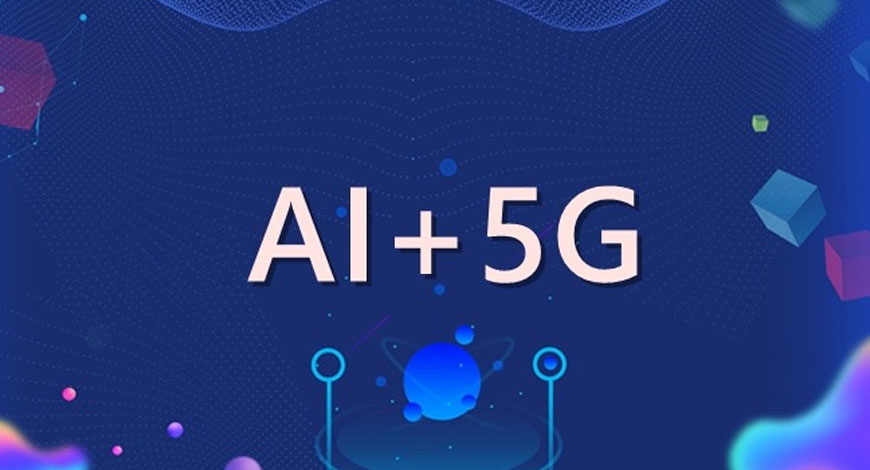5G
Exploring the impact of AI/ML on advanced 5G technologies

The recent surge in interest in generative AI highlights the critical role that AI will play in future wireless systems. With the transition to 5G, wireless systems have become increasingly complex and more challenging to manage. In particular, the heterogenous nature of 5G networks comprising multiple access networks, frequency bands and cells, all with overlapping coverage areas, presents operators with network planning and deployment challenges. This is forcing the wireless industry to think beyond traditional rules-based design methods and turn to AI and ML.
5G Advanced is set to expand the role of wireless AI across 5G networks introducing new, innovative AI applications that will enhance the design and operation of networks and devices over the next three to five years, particularly those demanding high data rates, low latency or massive connectivity such as Extended Reality (XR), Reduced Capex (RedCap), Non-Terrestrial Network (NTN), Unmanned Aerial Vehicles (UAV) as well as applications requiring precise positioning and synchronization.
This Technology Report provides an overview of the role of AI/ML in the 3GPP’s upcoming 5G Advanced standard and outlines the key technologies and use cases where it will be used.
Key Takeaway No. 1: AI will be transformative
Although the application of AI/ML is still in its infancy, its integration into 5G-Advanced networks signifies a transformative shift in the telecommunications market. This development promises not only improved network performance but also opens the door to a wide range of innovative use cases. As a result, the commercial launch of 5G-Advanced in 2025 should accelerate the monetization of 5G for operators.
Key Takeaway No. 2: A Bridge to 6G
The adoption of AI/ML in 5G Advanced provides a platform to experiment with new techniques and should be regarded as a trial for the full introduction of AI/ML in future 6G networks. For example, 6G will be the first opportunity where AI/ML-based optimization will be used in the fundamental design of an air interface from the very beginning. However, the impact of AI/ML will not only enable improved 5G/6G performance, it should also allow 5G-Advanced to evolve faster.
Analysing The Role of AI/ML in 5G Advanced
The full version of this insight report, including a complete set of Key Takeaways is published in the following report, available to clients of Counterpoint Research’s 5G Network Infrastructure Service (5GNI). Counterpoint Research















You must be logged in to post a comment Login